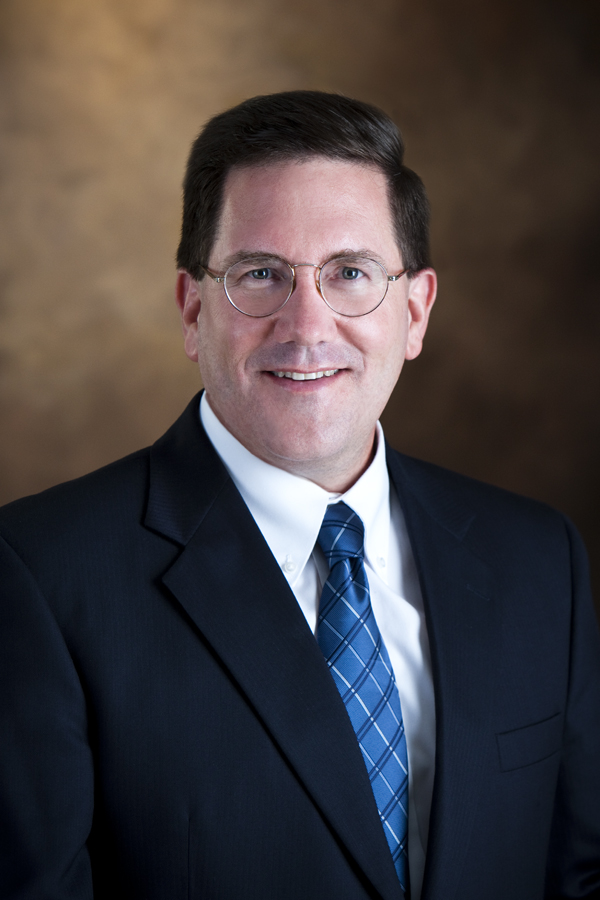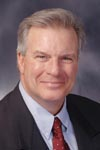JEFFERSON CITY, Mo – Documents released by the Public Service Commission on Tuesday state that Ameren UE “overearned” in 2013.

The document was part of the overearning complaint case brought to the PSC by Noranda Aluminum, Ameren’s largest energy consumer. Greg R. Meyer, employed by Noranda, used a surveillance report, Ameren’s fuel adjustment rate, Ameren’s Federal Regulatory Commission Form 1 and Ameren’s investor relations earning report information. Meyer’s finding was that Ameren overearned by approximately $44million, according to the Sept. 2013 surveillance report. When adjusted for other expenses, that number jumps up to $67.1 million.
“Ameren is costing Missouri ratepayers millions each year by overearning,” said Chris Roepe, Fair Energy Rate Action Fund executive director. “We applaud regulators for making this information public and urge the PSC to swiftly order a reduction in Missourians’ electric rates to compensate for Ameren’s excessive profits.”
Ameren vice president of Regulatory and Legislative Affairs Warren Wood admitted the accuracy of the surveillance report but called the $67.1 finding erroneous. His other argument was that the surveillance report is just one factor in determining rates.
“The Noranda press release, and its erroneous conclusion, was based on documents from the Missouri Public Service Commission that Ameren Missouri had encouraged be made public to show there is nothing to hide,” Wood said in an official statement. “It’s important to understand that these documents are not suitable for determining if rates are too high, too low or just right — the data provide no information on Ameren’s cost of service and other factors necessary to make a determination on rates. It’s a part of the puzzle, but it’s only one piece. In fact, the two quarterly surveillance reports prior to the MPSC’s order in our last rate case showed an earned return higher than the authorized return, and the MPSC granted a $260 million rate increase based on a full assessment of our costs and revenues. “
Ameren asked for a rate increase the in 2013 based on “$1 billion of investments in generation plant, transmission, and distribution infrastructure as well as environmental projects and renewable energy resources to provide customers with safe, reliable and cleaner energy,” Wood said.
“It’s very frustrating. They’re working for a rate increase with legislation last year and they’ve over earned,” Sen. Gary Romine said. “This solidifies my frustration with them and the way they’ve operated in this building.”
This is the second year in a row Ameren has overearned. The utility company admitted to over earning by $80 million in FY2012. Ameren operates as a regional monopoly but is regulated by the state through the PSC. Part of those regulations is a 9.8 percent cap on profit.
In documents released by the PSC, Wal-Mart showed support for Ameren because of concerns of a rate increase if Noranda won the complaint.
“The relief being requested in the proceeding could result in significant changes to Wal-Mart’s cost of electricity, directly and substantially affecting business and operations in the state of Missouri,” the document said.

However, Wal-Mart spokesperson Betsy Harden said, “We have not taken a position. Energy costs are one of our top expenses.”
The partnership between Ameren and Wal-Mart was a curious one for Missouri legislators when it was announced two weeks ago. A major consumer of Ameren energy, the company rarely involves itself in earning disputes.
Democrat Rep. Keith English, Florissant, who serves on the House Utilities Commission, was puzzled by the cooperation. He fought against Wal-Mart receiving tax increment financing in his district but has been a supporter of Ameren.
House Utilities Chairman Doug Funderburk, R-St. Charles, supported the collaboration between companies.
“I’m glad somebody stepped up to the plate to challenge the shift of $500 million to other users,” Funderburk said referring to Noranda’s request for a rate adjustment. “Twenty-eight million will go to residential users where about 45 percent of people live at the federal poverty line or below. Seems like the miniscule increase to a multinational cooperation is not as big a deal.”
PSC spokesperson Kevin Kelly said the case continues. There is a pre-hearing conference for all the parties involved in the case on Friday. The conference will set up a schedule for filing and hearings.




